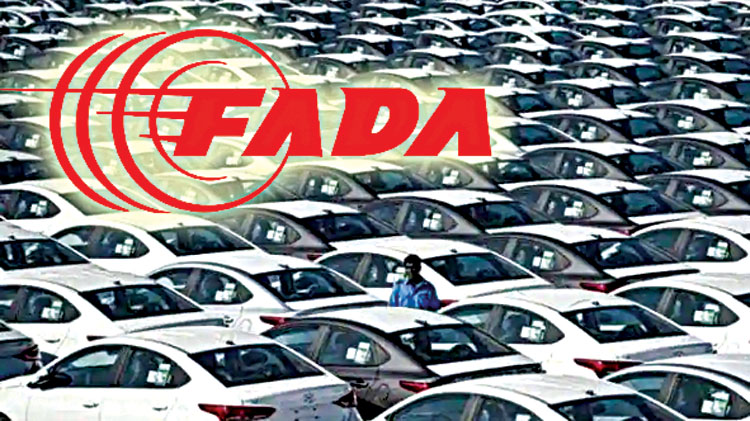New Delhi, Oct 27 (FN Bureau) The Federation of Automobile Dealers Associations (FADA) on Wednesday released a policy brief to introduce Auto Dealers Protection Act in India, as an initiative to protect the interests of dealers who are often adversely affected by the exit of auto companies and Original Equipment Manufacturers(OEM) from the Indian market. The last few years have seen a succession of departures of OEMs like General Motors(GM) in 2017, MAN Trucks in 2018, UM Lohia in 2019, Harley Davidson in 2020 and recently Ford Motors which stopped domestic sales to pave way for exiting the Indian market.
Such exits adversely affect consumers who are left with no avenues for after-sales services or recourse for declining resale value of their vehicles, as well as dealers who have to bear the burden of maintaining their relationships with consumers and tackling their complaints due to the OEM’s unilateral actions. The initiative on Auto Dealers Protection Act in India follows an analysis of various dealership agreements as well as a comparative study of foreign dealership agreements and legal protections available to dealers in countries such as the USA, Australia and South Africa. As predominantly small and medium enterprises either family-owned or partnership firms, automobile dealers in India have lower bargaining power than OEMs which tend to be large corporations. The study discloses significant disadvantage for Indian dealers in agreements that are skewed in favour of OEMs. Dealership agreements in India do not have a standardized term, with certain agreements having tenures as low as one year. It takes anywhere between 3-5 years for a dealership business to break even. Such a short term agreement is detrimental as dealers don’t get adequate opportunity to recover the heavy investments made by them. Indian dealer agreements also tend to have vague and broad grounds of termination that provide greater flexibility to OEMs which blunts dealers’ ability to negotiate during OEM exits.
The absence of repurchase obligations under the Indian dealer agreement, which would mandate OEMs to buy back leftover stock including vehicles, spare parts etc. in cases of termination, leads to added costs for dealers. As OEMs are free to open multiple dealerships in the same territory without giving any rationale to the existing dealers, this makes planning difficult and significantly affects the dealer’s ability to recoup their investments. Moreover, dealers are often made party to consumer complaints even though the liability may lie with the OEM, due to lack of clarity in indemnity provisions.

